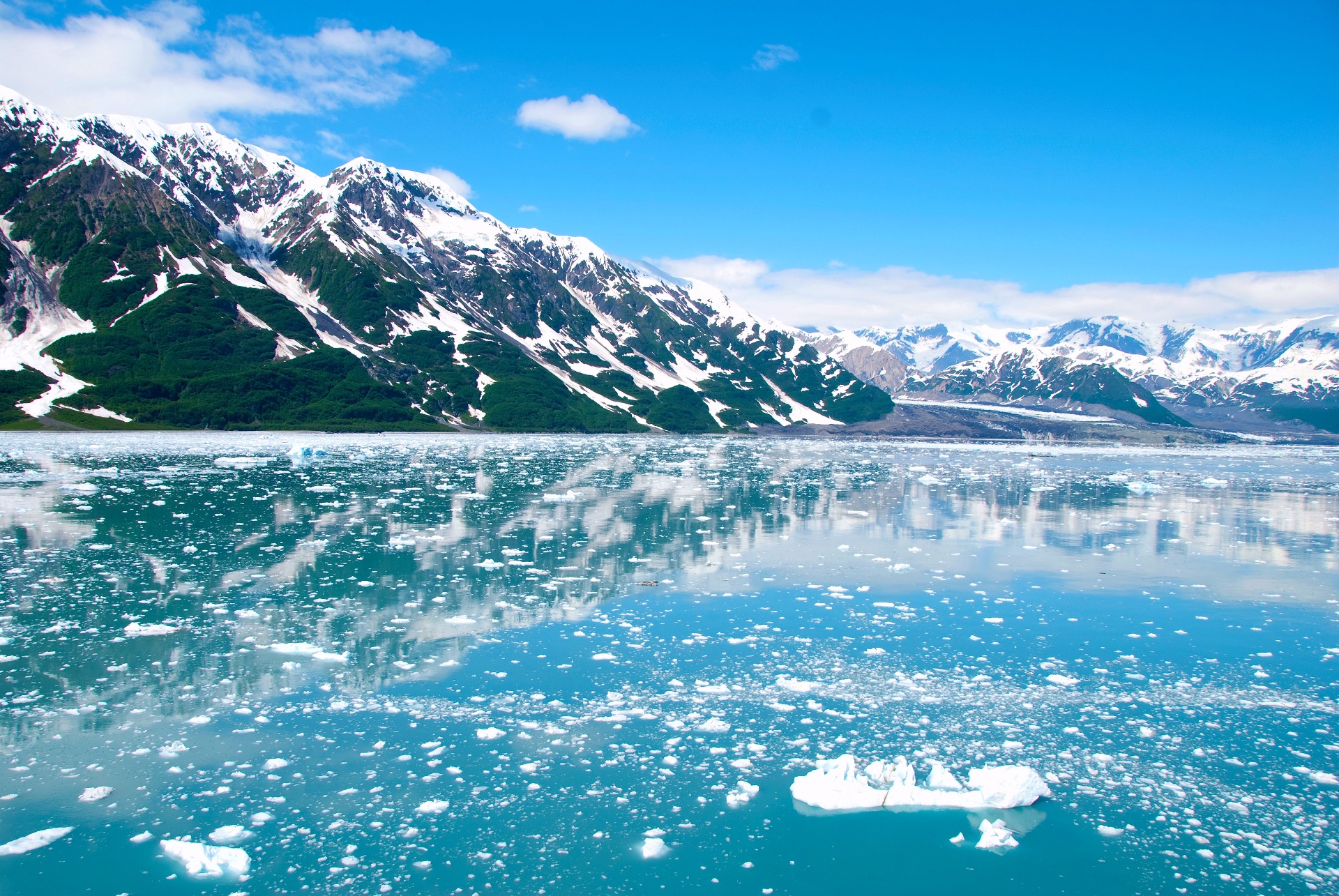Water conservation: Why plant-based diets are more water-friendly
Find out howlivestock production wastes water and why a plant-based diet is a greener choice. Get inspired with practical tips for saving water!
Water is one of our planet's most precious resources, but its consumption in livestock production is reaching alarming levels. Plant-based diets offer an efficient and sustainable alternative that saves water and protects the environment. In this article, we look at why switching to a plant-based diet is crucial for the future of our planet and how you can do your part to reduce water consumption.
Why is it important to save water?
Water as a key source of life
Water is the basis of all life on Earth. Without it, it would be impossible to ensure the existence of plants, animals and humans. Although more than 70% of the surface of our planet is covered by water, only 2.5% of this amount is fresh water that we can use. Moreover, much of it is locked up in glaciers and underground reserves, meaning that the available freshwater represents only a fraction of the total.
According to the United Nations (UN), more than 2 billion people in the world are facing water scarcity problems, and this number is increasing as the population grows and climate change continues. Water is essential not only for direct consumption but also for agriculture, industry and food production. Every litre of water we save helps to protect this precious resource for future generations.
How livestock production affects water consumption
Livestock production is one of the biggest consumers of water. Meat and dairy production requires huge amounts of water, not only for the animals themselves, but also for growing the feed they consume. For example, it takes approximately 15 000 litres of water to produce 1 kilogram of beef. This volume includes the water used to irrigate the fields where the feed crops are grown, the water used to water the animals and the water used in processing the meat.
By comparison, only 287 litres of water is needed to produce 1 kilogram of potatoes, which is more than 50 times less. Similarly, growing legumes such as lentils or beans uses significantly less water than raising livestock.
Moreover, livestock production contributes to water pollution. Fertilisers, pesticides and waste products from livestock farming often end up in rivers and lakes, degrading water quality and threatening ecosystems. Thus, switching to a plant-based diet not only saves water but also helps to protect its purity and availability.
Water conservation is therefore not only a matter of personal responsibility, but also a key step towards sustainable management of natural resources.
Comparison of water consumption for the production of 1 kg of food:
Beef:
15 000 litres
Pork:
6 000 litres
Chicken:
4 300 litres
Cereals:
1 600 litres
Legumes:
4 000 litres
Vegetables:
300 litres
Practical tips for saving water through a plant-based diet
Tip 1: Start with one vegan day a week
Switching to a plant-based diet doesn't have to be immediate or radical. A simple step like incorporating one vegan day a week, such as "Meatless Monday," can have a significant impact on your water footprint. This small commitment not only saves thousands of litres of water, but also allows you to discover new flavours and recipes that can enrich your diet.
For example, replacing one meat dish with a legume such as lentils or chickpeas not only reduces water consumption, but also provides health benefits due to its high fiber and protein content. This approach is ideal for those who want to start changing their eating habits gradually and non-violently.
Tip 2: Choose local and seasonal food
One of the most effective ways to reduce your water footprint is to focus on local and seasonal foods. Imported produce often requires not only more water to grow, but also additional resources to transport and store. Local foods that are grown under natural conditions typically have a lower ecological footprint and support local farmers.
In addition, seasonal fruit and vegetables such as apples, pumpkins and spinach are fresher, tastier and often more affordable. By avoiding exotic crops that require intensive irrigation or growing in greenhouses, you can make a significant contribution to protecting water resources.
Tip 3: Minimise food waste
Food waste is one of the biggest problems in modern society. Every kilogram of wasted food represents not only wasted water, but also energy and other resources used in its production. Proper menu planning and efficient food storage can significantly reduce food waste.
For example, storing fruit and vegetables in optimal conditions, such as using breathable bags or the correct temperature setting in the fridge, can prolong their freshness. Another useful tip is to use leftovers - for example, vegetable peelings can be used to make homemade stock, which not only saves water but also reduces waste.
Minimising food waste is not only environmentally friendly but also economical. You save money and contribute to the conservation of natural resources at the same time.
Next steps
Each of these tips is easy to implement and can be adapted to your lifestyle. By combining these approaches, you can not only reduce your water footprint, but also inspire those around you to be more environmentally responsible.
How does water conservation relate to veganism?

Ecological footprint of livestock production
Livestock production is one of the largest consumers of natural resources, including water. The industry not only requires vast amounts of water to water animals and grow feed, but also contributes to deforestation, water pollution and climate change. Large areas of rainforest are being cleared to make way for grazing land or the cultivation of soya, which is used as livestock feed. This process not only destroys natural ecosystems but also increases soil erosion and reduces the landscape's ability to retain water.
In addition, waste products from livestock farming, such as urine and manure, often end up in rivers and lakes, leading to eutrophication of water bodies. This phenomenon causes an overgrowth of algae, which consumes the oxygen in the water and thus threatens the life of aquatic organisms. According to statistics, livestock production is responsible for approximately 20% of global freshwater consumption, making it one of the biggest culprits in the water crisis.

The benefits of a plant-based diet for the planet
Plant-based diets are a much more water-efficient alternative to animal production. Growing crops such as legumes, cereals or vegetables requires significantly less water than raising livestock. For example, it takes approximately 1 250 litres of water to produce 1 kilogram of lentils, which is up to 12 times less than the same amount of beef.
Another advantage of a plant-based diet is its lower ecological footprint. Growing plants does not require as much land or energy as livestock production, which means that fewer natural resources are depleted. In addition, plant-based foods do not pollute water resources to the same extent because their production does not require the use of large amounts of fertilisers and pesticides that could leak into the environment.
Thus, switching to a plant-based diet not only saves water but also helps to reduce greenhouse gas emissions and protect biodiversity. Every step towards veganism, whether it is reducing meat consumption or incorporating more plant-based foods into the diet, has a positive impact on the planet and its natural resources.
Veganism and water conservation are closely linked. While livestock production places a huge burden on water resources, a plant-based diet offers a sustainable and ecological alternative. By adopting a plant-based lifestyle, we can not only reduce our water footprint, but also help to protect nature and create a better future for future generations.



